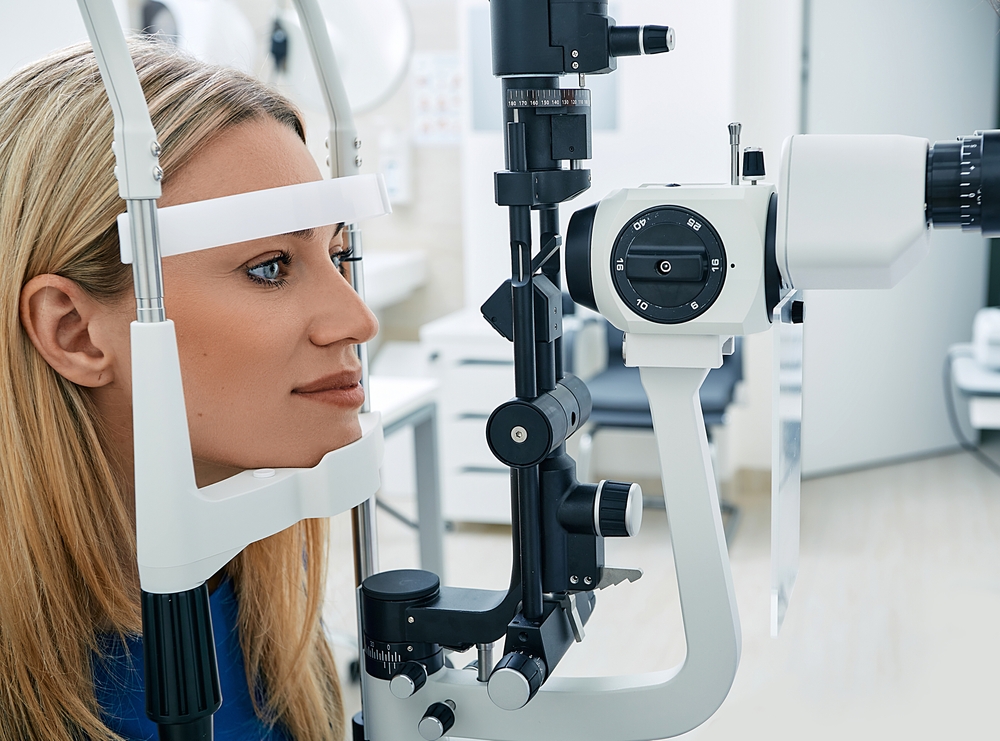
Common Myths and Facts About Comprehensive Eye Exams
When it comes to eye health, there are many misconceptions about comprehensive eye exams. While most people know that these exams are crucial for maintaining good vision, myths can sometimes discourage people from scheduling regular checkups. Here, we’ll debunk some of the most common myths and reveal the truth about what a comprehensive eye exam can do for you.
Myth 1: "I don’t need an eye exam if I can see clearly."
Fact: Even if your vision seems fine, eye exams are essential for detecting issues that don’t show immediate symptoms. Comprehensive exams go beyond vision correction—they help detect early signs of conditions like glaucoma, macular degeneration, and diabetic retinopathy. These conditions can be managed more effectively when caught early, even before symptoms appear.
Myth 2: "Eye exams are only necessary for people who wear glasses or contacts."
Fact: Everyone benefits from regular eye exams, whether or not they wear corrective lenses. Eye health can change over time, and some conditions can affect people with perfect vision. A comprehensive eye exam checks for overall eye health, including any changes to eye pressure, retinal health, and other factors that might not affect vision right away.
Myth 3: "Children don’t need eye exams; school vision screenings are enough."
Fact: While school vision screenings are beneficial, they only cover basic aspects of vision. A comprehensive eye exam evaluates a child's entire visual system, which includes depth perception, color vision, and focusing skills. Early detection of issues such as amblyopia (lazy eye) or strabismus (crossed eyes) can make a significant difference in a child’s visual development and learning abilities.
Myth 4: "Eye exams are only about checking your prescription."
Fact: A comprehensive eye exam involves much more than just updating your glasses or contact lens prescription. Eye doctors assess overall eye health, check for diseases, and even look for signs of systemic health issues like hypertension or diabetes. These exams play a key role in maintaining both your eye health and overall well-being.
Myth 5: "I can skip my eye exam if I have no family history of eye disease."
Fact: While family history is a risk factor, many eye diseases can occur in people without a family history. For instance, glaucoma and macular degeneration can develop unexpectedly. Regular exams help detect these diseases early, regardless of genetic background.
Myth 6: "My eyes are healthy because I don’t experience any symptoms."
Fact: Many serious eye conditions are "silent" in their early stages, meaning they don’t cause pain or noticeable symptoms until significant damage has occurred. For example, glaucoma is often called the "silent thief of sight" because it damages vision gradually and without symptoms. Regular comprehensive exams ensure that your eyes are thoroughly checked, preventing potential vision loss.
Myth 7: "I can wear the same prescription lenses for years."
Fact: Vision can change gradually, sometimes without you realizing it. Wearing an outdated prescription can cause eye strain, headaches, and even lead to accidents due to reduced clarity. Regular comprehensive eye exams keep your prescription up to date, ensuring that your vision remains sharp and comfortable.
Schedule Your Next Eye Exam Today
At DaVinci Eye Care, we believe that knowledge is key to maintaining healthy vision. By understanding the importance of comprehensive eye exams and debunking these common myths, you can make better choices for your eye health.
Schedule a comprehensive eye exam with DaVinci Eye Care to ensure your eyes receive the care they deserve. Visit our office in Warminster, Pennsylvania, or call (215) 443-8580 to book an appointment today.







